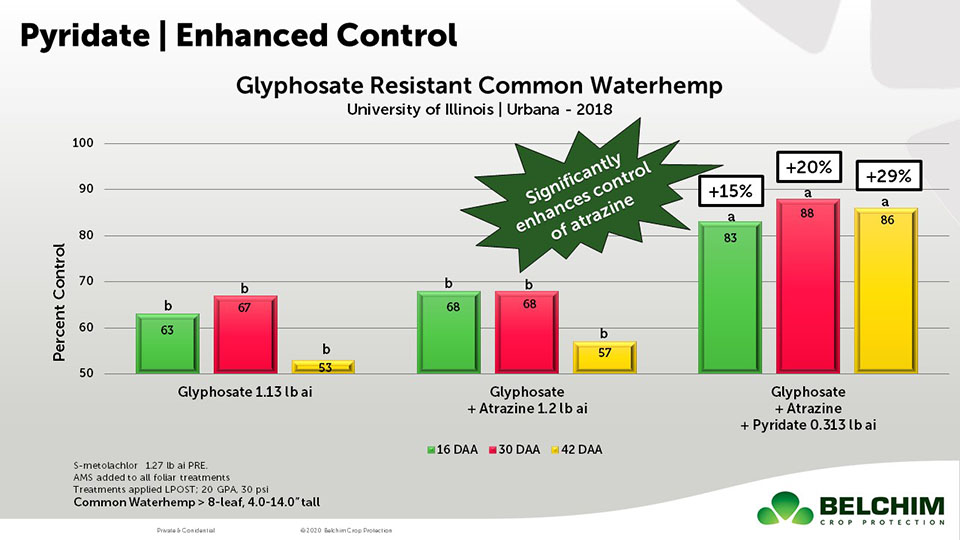TFI: Phosphate and Potash Are Critical Minerals, Senate Bill to Solidify
The Fertilizer Institute (TFI) praised the U.S. Senate for introducing bipartisan legislation to include phosphate and potash on the final list of critical minerals of the Department of the Interior. Introduced by Senators Thom Tillis (R-NC), Sherrod Brown (D-OH), Tammy Baldwin (D-WI), Roger Marshall (R-KS), Pete Ricketts (R-NE), and Rick Scott (R-FL), the legislation will recognize the importance of ensuring a strong and sustainable domestic fertilizer supply for American farmers.
“We thank Senators Tillis, Brown, Baldwin, Marshall, Ricketts, and Scott for coming together and introducing this important legislation,” said TFI President and CEO Corey Rosenbusch. “The majority of the world’s phosphate and potash resources are concentrated in only a few countries, leaving them open to supply chain vulnerabilities and geopolitical instability. The events of the past few years have shown us that food security is national security and now is the time to change how we talk about these vital resources.”
The United States imports roughly 95% of its potash needs, the bulk of which come from Canada. Only 14 countries in the world produce potash, with Belarus and Russia comprising nearly 40% of global production. Regarding phosphate, China accounts for over 40% of global production.
“It is vital that we, as a country, take proactive steps to secure our own agricultural future by recognizing the role these minerals play in putting food on our tables,” Rosenbusch continued. “Without these two minerals, modern agricultural systems would crumble and the ability to feed our growing population would be nearly impossible.”
The U.S. has both phosphate and potash production, but expanding mines and opening new ones is a costly and time-consuming process measured in years and in the tens of millions of dollars for permitting alone. Being listed as critical minerals would not exclude these projects from environmental reviews, but would assign a single permitting agency to be responsible and streamline the process.
“By adding phosphate and potash to the Critical Minerals list, we can take a significant stride towards securing our own future and sending the clear message that safeguarding our nation’s food supply is not only an economic imperative, but a strategic priority that ensures our well-being,” Rosenbusch concluded. “We look forward to working with Congress to support this vital legislation.”





